
Bill Gates and Jeff Bezos-backed KoBold Metals Granted Lithium Exploration Permits in Congo
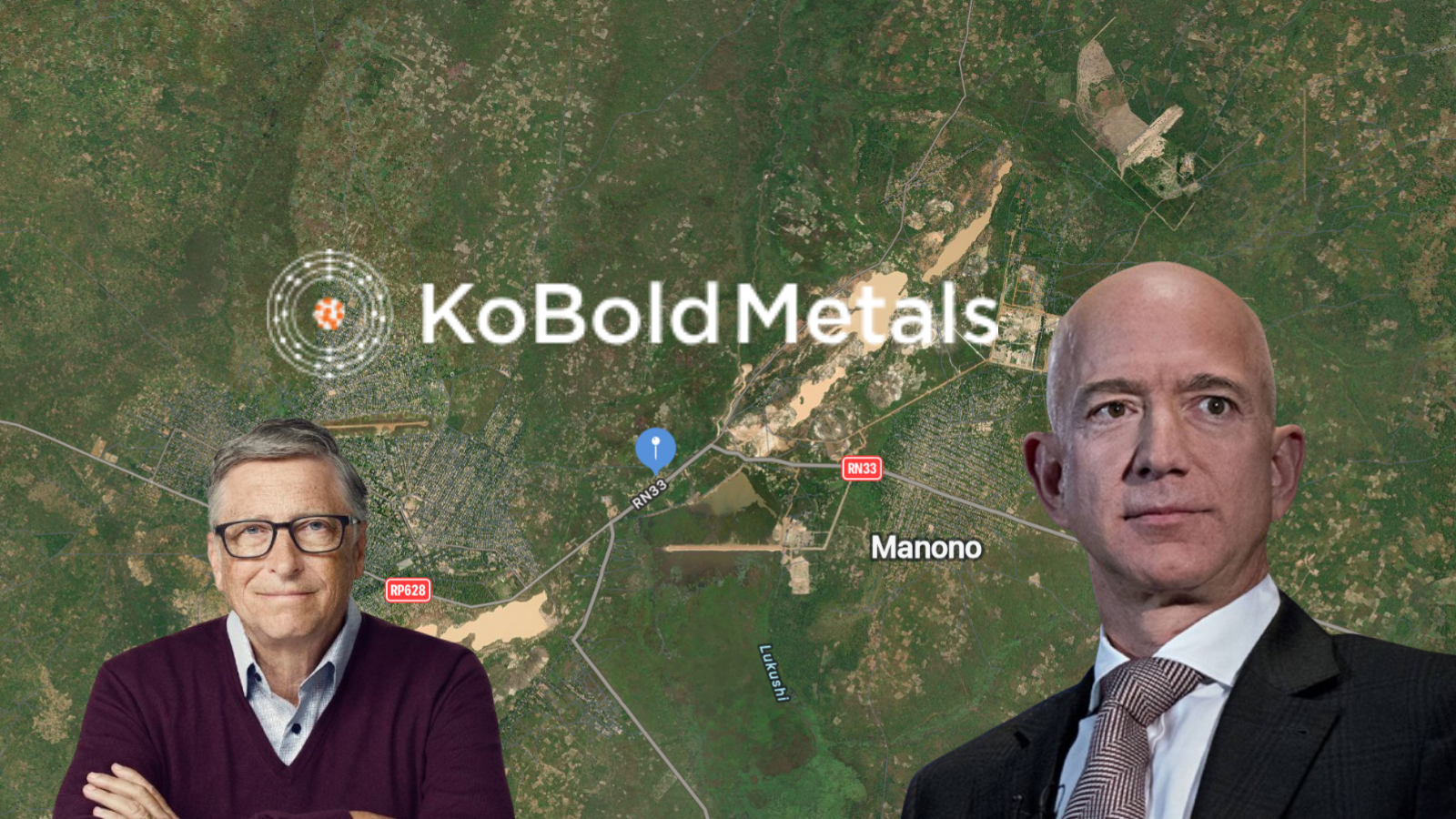
KoBold Metals, a California-based mining company backed by U.S. billionaires Bill Gates and Jeff Bezos, received seven exploration permits for lithium and other critical minerals in the Democratic Republic of Congo on August 27, 2025.
The permits, covering more than 1,600 square kilometres in Tanganyika and Haut-Lomami provinces near the Manono territory, followed a July 2025 agreement with the Congolese government that positioned KoBold to acquire the disputed Manono lithium deposit, one of the world’s largest undeveloped reserves essential for electric vehicle batteries.
The deal, signed in Kinshasa in the presence of President Félix Tshisekedi, committed KoBold to a large-scale exploration programme using artificial intelligence to identify lithium, manganese, tin, tantalum, coltan, and rare earths, with a primary focus on lithium.
Four permits targeted Manono territory in Tanganyika province, while three covered Malemba Nkulu in Haut-Lomami, areas rich in lithium-bearing pegmatites but plagued by legal disputes and underdeveloped infrastructure.
An unnamed KoBold official who spoke to Reuters stated,
Our exploration efforts across all seven new licenses will be focused on lithium,” a decision effectively adopted to meet surging global demand projected to quadruple by 2035 for battery production and its use for electric vehicles.
The Manono project, estimated to hold 400 million tons of high-grade lithium ore, had stalled since 2023 amid arbitration battles between the DRC-owned COMINIERE and Australian firm AVZ Minerals, which claimed rights until Kinshasa revoked its permit and awarded partial access to China’s Zijin Mining. KoBold’s entry resolved AVZ’s stake through a framework agreement in May 2025, allowing the U.S. firm to invest over $1 billion in development while Zijin retained the northern section.
KoBold, valued at nearly $3 billion after a $537 million Series C funding round in January 2025 led by Durable Capital Partners and T. Rowe Price, uses AI-driven “machine prospecting” to map Earth’s crust and locate deposits, a technology credited with discovering a major copper site in Zambia.
Critics, however, warned that KoBold’s operations risked repeating the exploitative patterns seen in DRC’s cobalt sector, where foreign firms have displaced communities, polluted waterways with toxic waste, and fueled child labour and forced evictions. Amnesty International documented cases near Kolwezi where soldiers burned homes and assaulted residents to clear land for copper-cobalt mines, leaving families with inadequate compensation of $50 to $300 despite losing farmland worth far more.
Environmental groups highlighted lithium mining’s risks, including deforestation, soil erosion from open-pit operations, and water contamination from sulfuric acid processing, which has already rendered rivers near Manono undrinkable and contributed to congenital disabilities in mining communities. A 2023 Global Witness report on African lithium projects, including Manono, flagged corruption in permit awards and community displacement without consultation, echoing concerns that the “green transition” could exacerbate Congo’s humanitarian crisis, where 6 million people remain displaced by conflict partly financed by illegal mining.
Meanwhile, the U.S.-brokered peace deal with Rwanda in June 2025, which halted M23 rebel advances in exchange for mineral access, further fueled scepticism that Western firms prioritise supply chains at the expense of Congolese welfare. Alongside Western firms with an interest in the DRC is Qatari investment firm Al Mansour Holding, which intends to invest $21 billion in the country.
Read: Tinubu’s Never-Ending Lies: Propaganda, Controversies, And Economic Failures
About The Author
Mayowa Durosinmi
author
M. Durosinmi is a West Africa Weekly investigative reporter covering Politics, Human Rights, Health, and Security in West Africa and the Sahel Region
Mayowa Durosinmi
M. Durosinmi is a West Africa Weekly investigative reporter covering Politics, Human Rights, Health, and Security in West Africa and the Sahel Region
Related Articles
Tinubu Deducts N100bn Monthly From Federation Account Without Approval El-Rufai Alleges Says Action Deserves Impeachment
Former Kaduna State Governor Nasir El-Rufai has launched a blistering attack on...
ByWest Africa WeeklyJanuary 26, 2026Ghana Shares Gold Mining Model With Tanzania
Ghana has taken a leading role in shaping Africa’s future approach to...
ByWest Africa WeeklyJanuary 23, 2026Trump’s Greenland Threat Forces Europe to Taste the Logic of Western Colonial Power
It rarely begins with soldiers. More often, it begins with a sentence,...
ByWest Africa WeeklyJanuary 21, 2026Tinubu Government Claims Intelligence Cooperation With the US, Yet New York Times Publishes Conflicting Story Following $9 Million US Lobbying Effort
When the New York Times published its investigation suggesting that claims from...
ByWest Africa WeeklyJanuary 19, 2026


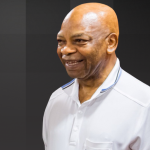

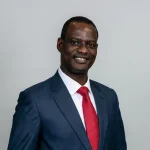
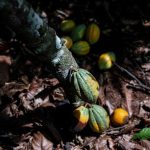


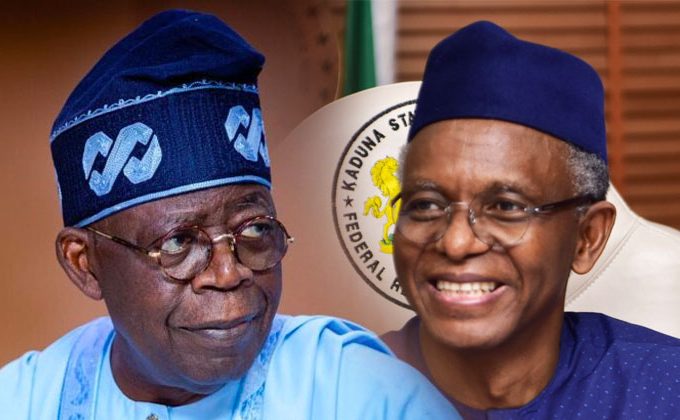
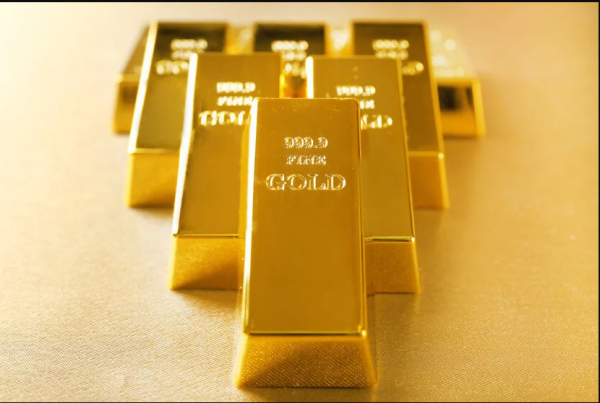
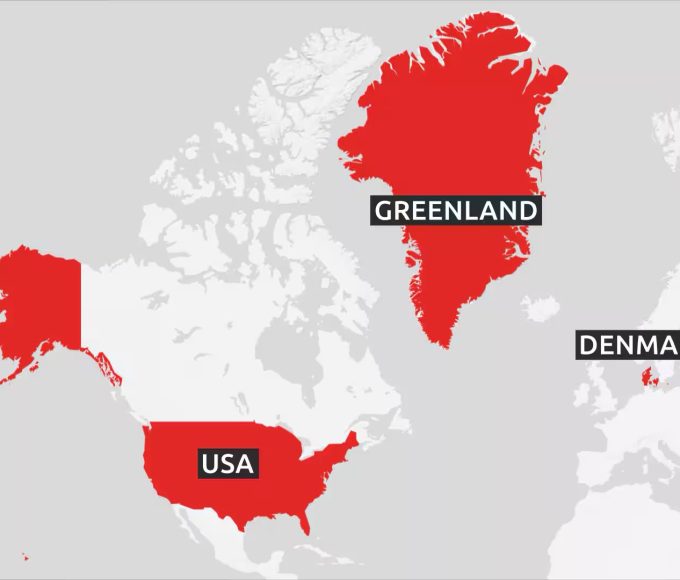
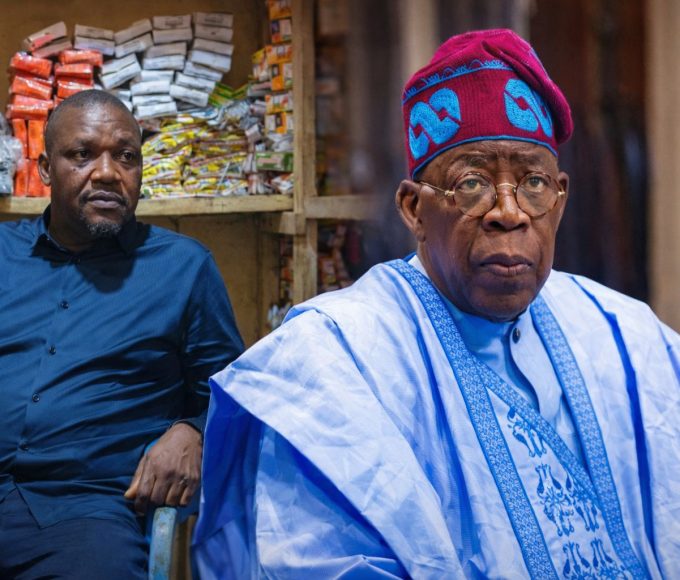
Leave a comment